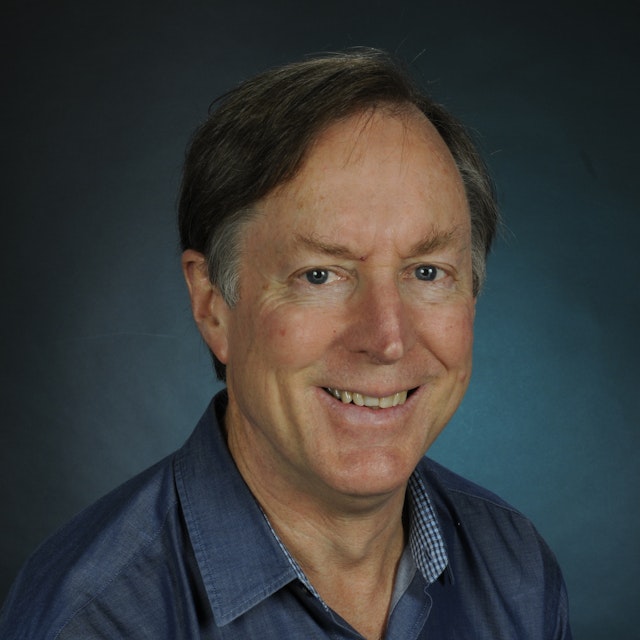Books5
-
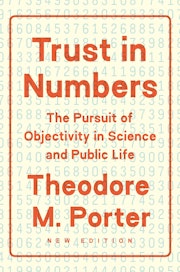 View Book
Add to Cart
View Book
Add to Cart
-
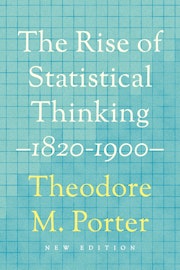 View Book
Add to Cart
View Book
Add to Cart
-
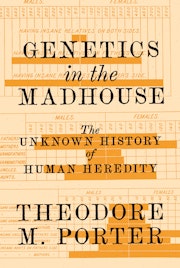 View Book
Add to Cart
View Book
Add to Cart
-
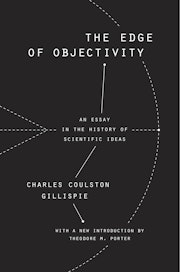 View Book
Add to Cart
View Book
Add to Cart
-
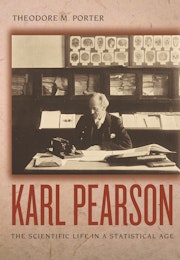 View Book
Add to Cart
View Book
Add to Cart
